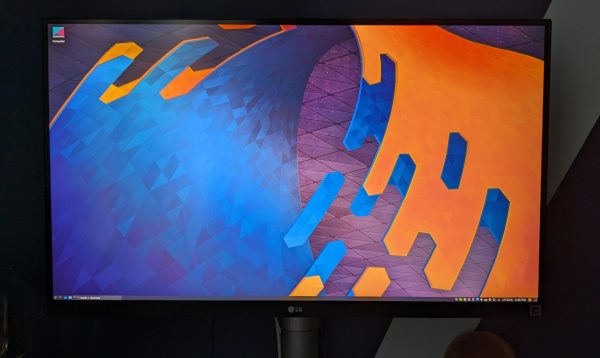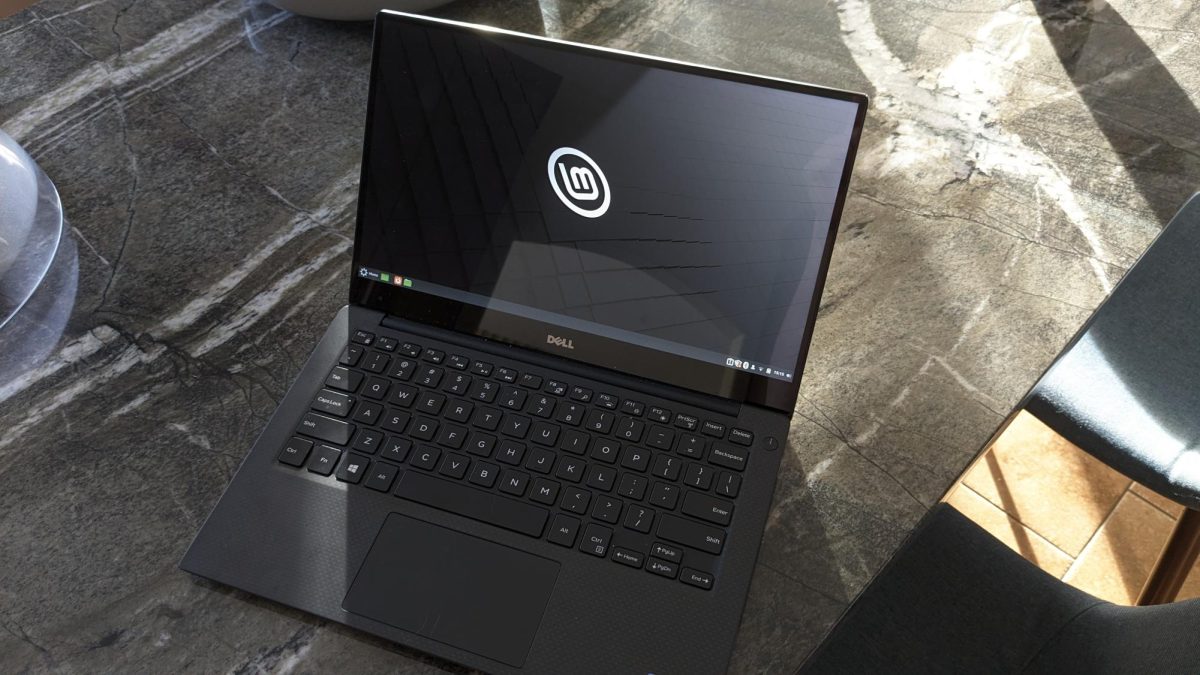Everybody knows Macintosh and Windows, the two dominating computer operating systems (OS). Not many, however, know about Linux. Linux is a free, open-source OS developed initially as a passion project but has grown into much more. Now holding a record-high 3% market share, Linux has become the passion project of millions worldwide, developing and supporting uncountable numbers of distributions for all purposes. Although Linux has historically benefited developers and tech geeks more because of its free and open-source nature, it is becoming an increasingly viable option for desktop users.

Starting with the more fundamental benefits of Linux-based operating systems, it is open source. This, along with the massive number of people developing it, means it is constantly and rapidly being optimized and debugged, and safety risks are fixed as soon as they are discovered. Being less popular and much more diverse than Windows also provides security bonuses for Linux. Constant development also means that Linux has been optimized for various uses, including desktops. Ubuntu is well-known as a long-supported distribution for desktop use. At the same time, Linux Mint is an excellent laptop version, and Fedora is often cited as a good distribution for work use. Linux as a desktop OS is becoming very convenient and is no longer a complex tool reserved only for the most knowledgeable enthusiasts and developers.
To elaborate on more specific computer usage and gaming, Linux is also an excellent option. Many gamers who have built a desktop of their own know that a sizable amount of money must be put in to buy Windows. Linux has no such issue, being entirely free. In addition, Steam has made a lot of progress in making Windows games playable on Linux with the development of Proton. More games are supported on Linux than ever before. Steam also released the Steam Deck to make the games portable, while the console runs on a modified fork of Arch Linux. Linux has lightweight operating systems that optimize the gaming experience, and Graphics card drivers are becoming increasingly efficient. All of this is creating a remarkably respectable option for gamers.

Some people disagree with the point of view that Linux will or should become a prominent OS. Camas High School (CHS) teacher Adam Webber brings up valid concerns about the convenience and security of Linux.
“If you’re wanting to use Linux as a daily driver, and you have issues with something that no one has had a problem with, then it’s up to you to solve it,” Webber said. “You’re not going to have Microsoft or Apple coming to your rescue.”
He further stated that the open-source nature of Linux could be a curse and a blessing. A bad actor can add something to the code and pose a security risk. However, this seems unlikely to many, as people thoroughly review code before it is used officially.
Linux has numerous benefits for everyday use, the most important being that it constantly improves. For these reasons and many more, it deserves to be the future OS.


































